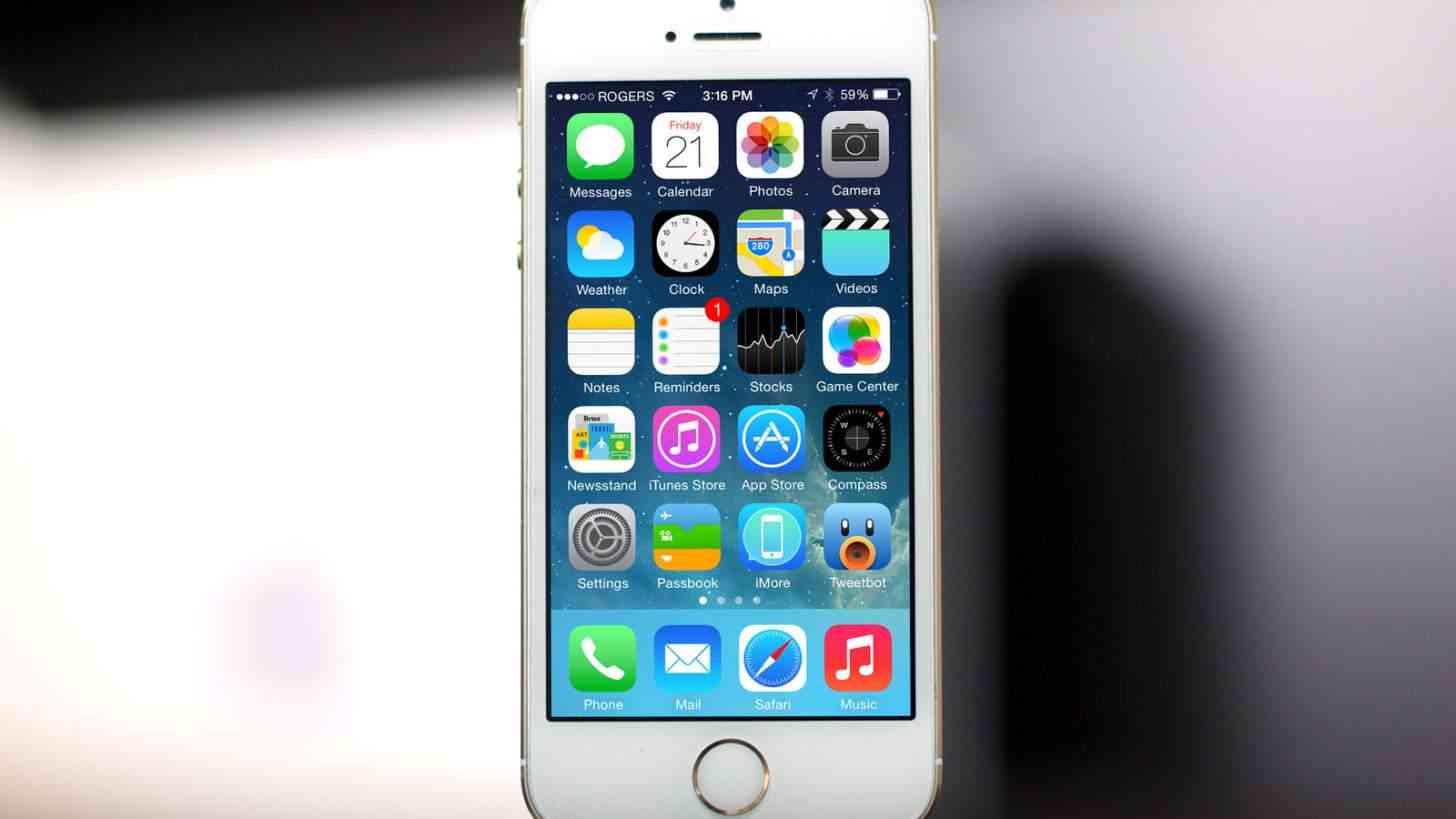
When I got my very first cell phone at 14, I was so happy. I loved it. It took pictures, I could text, I could call, and I was really just happy to have a cell phone at that point in my life. Despite my good fortune (because a lot of my friends couldn’t have a cell phone at that age) my dink donk flip phone soon became boring, drab, and generally not good enough. This was about the time that texting was really taking off, so phones with full QWERTY keyboards were becoming the latest trend. Anybody using T9 was definitely inferior. As an impressionable teenager, I didn’t want to be inferior.
So I worked hard to get myself one of them fancy phones with a full keyboard. Shortly after, the fad was touch screens. I worked hard to get one those, too. There was also the BlackBerry trend, because anybody who was anybody used BlackBerry Messenger. And then came the iPhone, which I quickly dismissed due to the outrageous price (and carrier exclusive), which then snowballed into the vast amount of smartphones we have today.
There were so many choices, but the very first smartphones (like the very first anything) were great in many ways, but not so great in others. When I finally got my first smartphone, I was enamored with the apps, the responsive touchscreen (pressure-sensitive touchscreens of old were terrible when it came to responsiveness), with the sheer amount of possibilities that came with this thing. At the same time, I don’t think I had ever been more frustrated with a phone (sans Windows Mobile) in my life. Force closes, awful battery life, and just so darn delicate. These are all seemingly mundane things, but being so new to this amazing concept I felt easily frustrated by the little things that would - and did - go wrong.
And then time passes, and these things slowly but surely start to get better. I parted ways with Android at one point (the operating system that seemed to give me the most trouble) and went to iOS. Here I discovered that not all smartphones were created equal, and where Android was lacking iOS seemed to have fixed for me. I stuck with my iPhone 4S for about two years.
And then I got bored with my inability to customize much compared to Android, so I switched back. First with the Galaxy S4, then with the HTC One M7. I was so surprised by how much Android had improved in just two short years, and stuck with this phone for a while as well. Because of how surprised I was at how far Android had come, I decided now was as good of a time as ever to check out the changes between Windows Phone 7 (which I never cared for) and Windows Phone 8. I liked the UI, but a lot of Windows Phone had yet to impress me over the other two platforms. I quickly switched back to Android with the Moto X.
When I switched from the Moto X to the BlackBerry Q10, it was really more of an experimental switch combined with a need to switch carriers. I loved BlackBerry devices before, but had not yet had the opportunity to use BlackBerry 10. That operating system just wasn’t for me anymore. So at this point I was ready for iOS again. And 5 months later, I’m still here. And oddly enough, I don’t have too much of a desire to leave at this point.
At first I thought it was because I’m getting older, but realistically it’s because operating systems and phones seem so stable and stagnant that there is very little reason to switch when you consider each operating system to be, for the most part, stable. I mean yeah, every year phones get a little bit bigger and a little bit faster, but it’s been a long time since I have really felt frustrated with a phone, even when I have opted for an older model. I guess realistically anything at this point is better than having constant force closes and battery life that only lasts 4 hours.
How often do you switch daily drivers, readers? When you do, what's the driving force behind it? Is it because you're no longer happy with your phone, or because you just love experiencing that "new phone feeling" as often as you can? Let us know in the comments below!